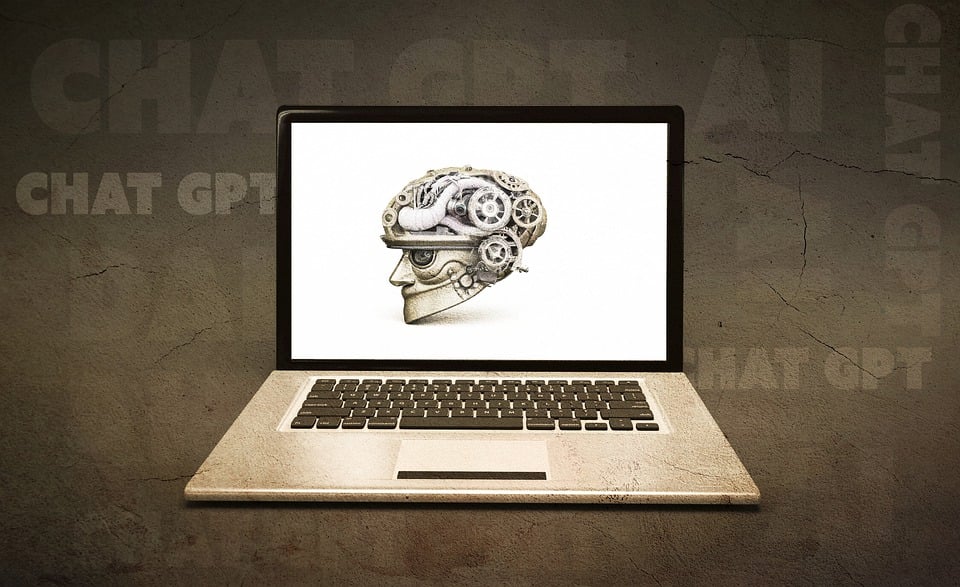Title: AI-Powered Virtual Assistants Boost Productivity, but Raise Concerns Over Job Automation
The rise of artificial intelligence (AI) has revolutionized various industries, and one of the most promising applications is in the development of virtual assistants. AI-powered virtual assistants, such as Siri, Alexa, and Google Assistant, have quickly become an integral part of our daily lives, helping us to manage our schedules, set reminders, and even control our smart homes. While these virtual assistants have undoubtedly boosted productivity and improved our efficiency, they also raise concerns about job automation and its impact on the workforce.
Virtual assistants have become an indispensable tool for many professionals, helping them to stay organized and focused throughout the day. With the ability to schedule appointments, send emails, and even perform complex tasks, these assistants have saved countless hours of time and energy, allowing individuals to focus on more important tasks. For instance, a study by Bernhard Sch僫lzer, Professor of Entrepreneurship at the University of St. Gallen, found that nearly 75% of office workers reported an increase in productivity since the introduction of AI-powered virtual assistants.
However, the rise of virtual assistants also raises concerns about job automation. As machines and algorithms can perform more tasks, many jobs that were once considered safe from automation are now at risk of being replaced. According to a report by the McKinsey Global Institute, up to 45% of US jobs could be automated by 2030. This has led to widespread anxiety about the future of work, as many workers wonder if they will be replaced by machines and algorithms.
Moreover, the impact of job automation is not limited to individual workers but also has implications for entire industries and economies. For instance, the rise of autonomous vehicles could lead to a significant decline in the demand for human drivers, while the increased use of chatbots and virtual assistants could reduce the need for human customer service representatives. This raises concerns about the potential for widespread job loss and the need for policymakers to develop strategies to mitigate the impact of automation.
In response to these concerns, many experts are calling for a more nuanced approach to AI development, one that balances the benefits of increased efficiency and productivity with the need to protect workers and maintain a social safety net. This may involve investing in retraining and upskilling programs, as well as implementing policies to ensure that the benefits of AI are shared more widely throughout society.
In conclusion, while AI-powered virtual assistants have undoubtedly boosted productivity and improved efficiency, they also raise important questions about the future of work and the need for more nuanced approaches to job automation. As we move forward, it is essential to strike a balance between the benefits of technological advancements and the need to protect workers and maintain a social safety net. By doing so, we can harness the power of AI to create a more productive, efficient, and equitable society for all.

